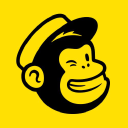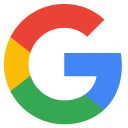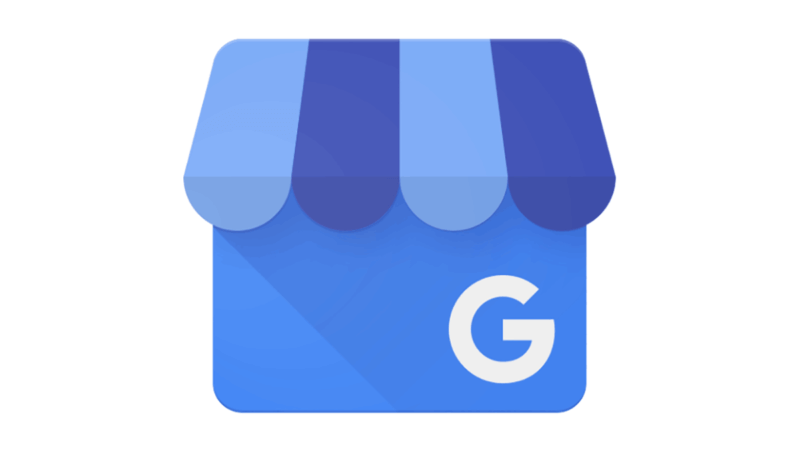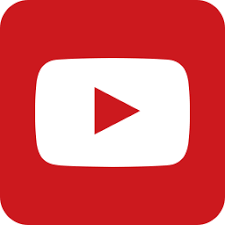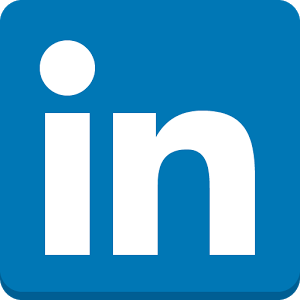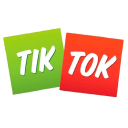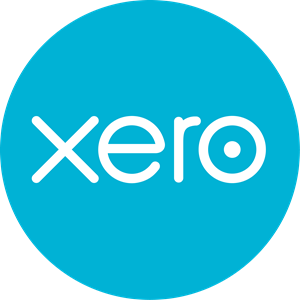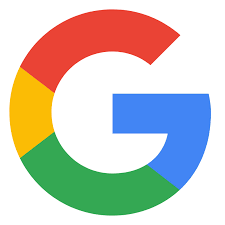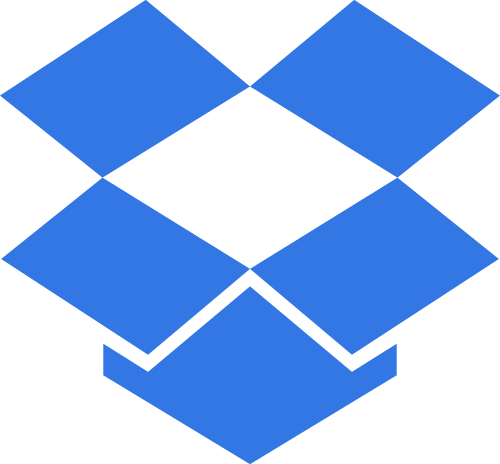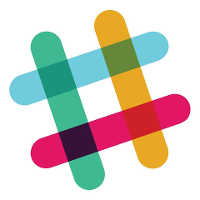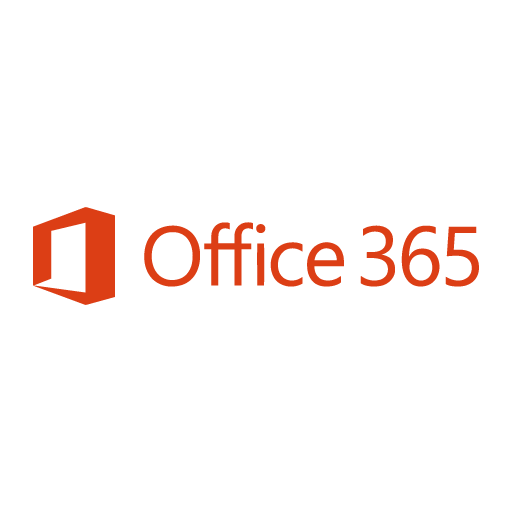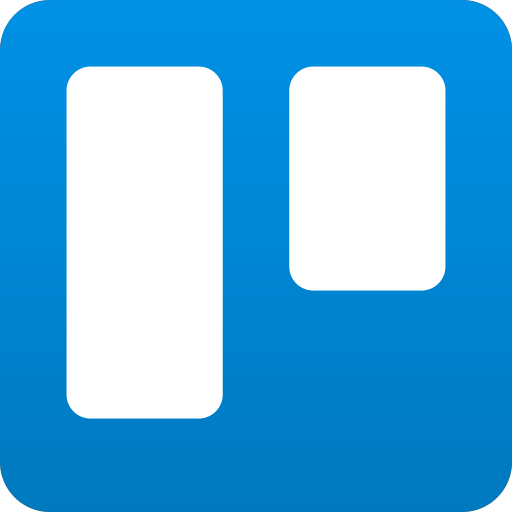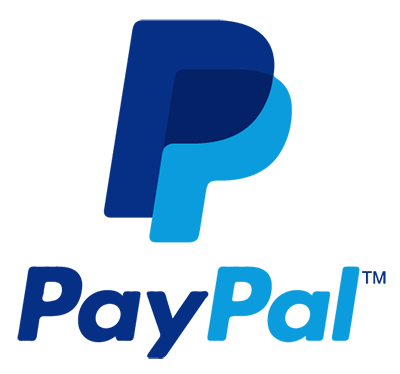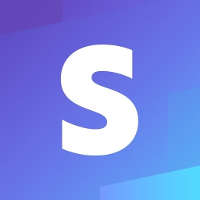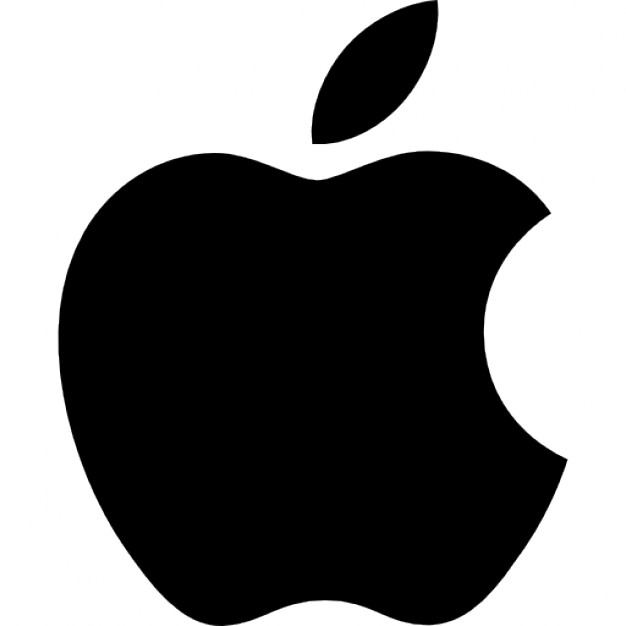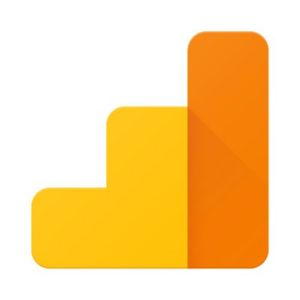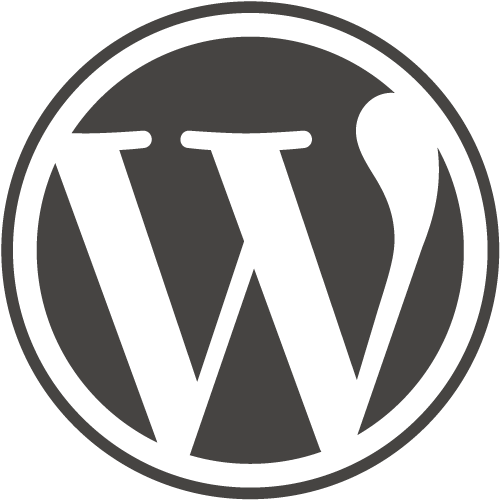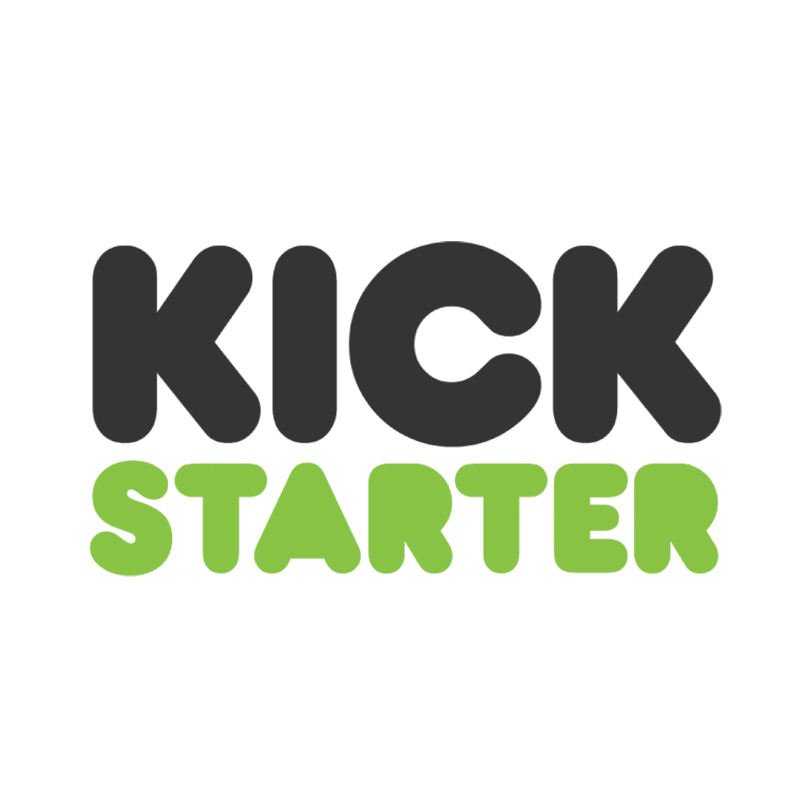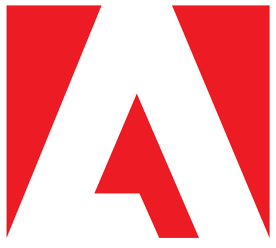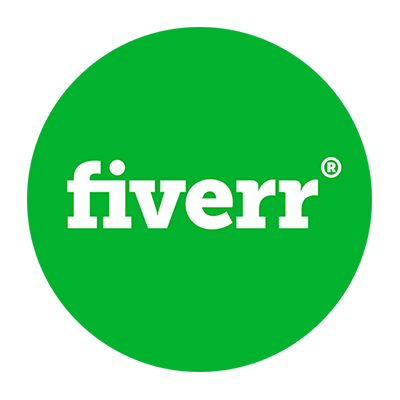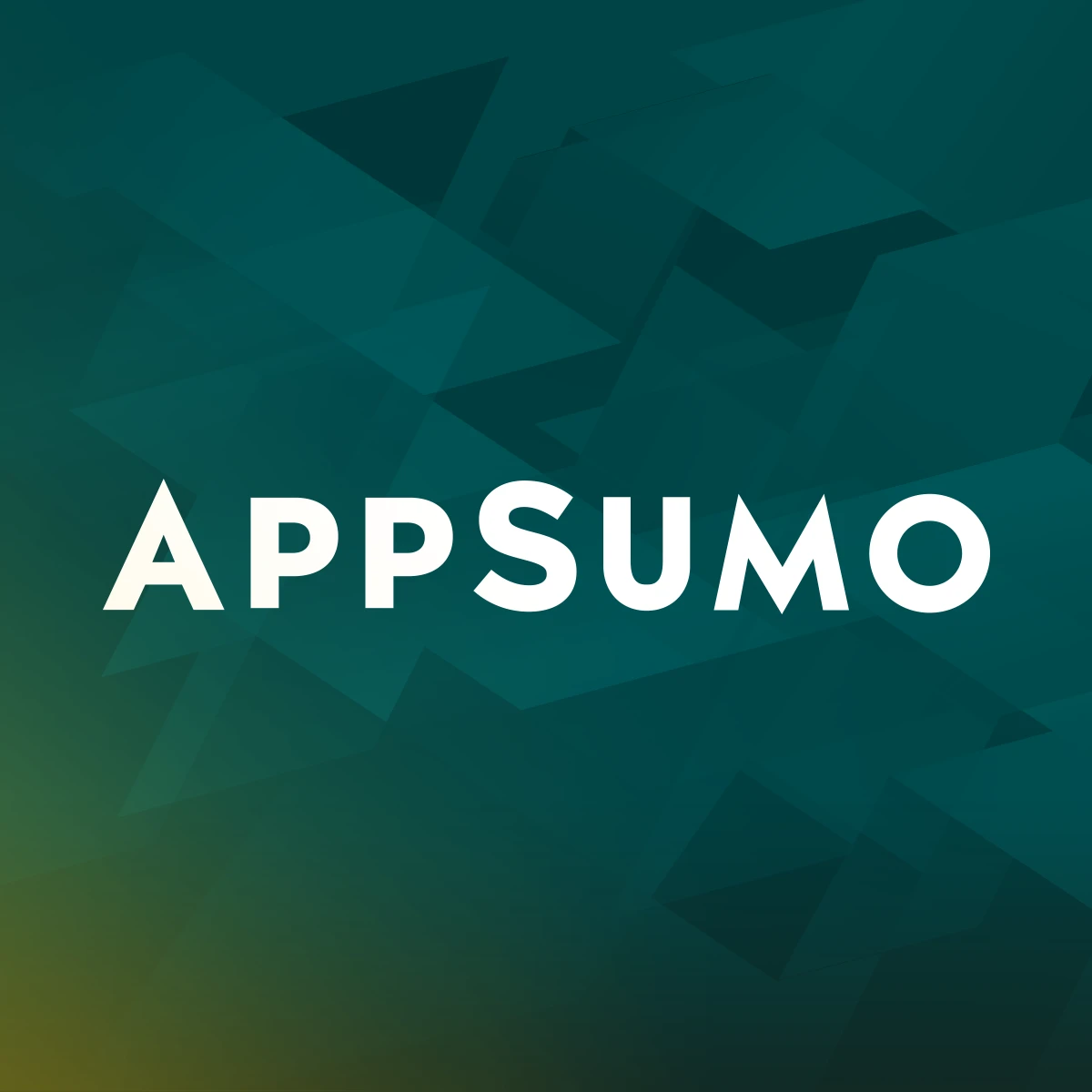How We Grew Our Video Editor Software To 100K Users And $20K/Month In Revenue
Hello! Who are you and what business did you start?
My name is Michael Moss, and I am the co-founder of NOVA A.I. I started my entrepreneurial journey when I was 21 with my first company, and already then I knew this was the way I wanted to go. Along the way, I took new chances - starting from scratch again with my company now.
Although I also have other interests on a personal plan, building a tech company is my biggest passion, and it’s what I invest most of my hours in every day.
NOVA A.I. is an online video editing platform that offers a growing selection of both basic and more advanced video editing tools accessible to everyone regardless of previous video editing experience. At the moment our most popular tool is the auto subtitle generator and translation of subtitles.
For enterprises and individual users per request, we also have an AI video analyzing program on our platform that helps video editors and content creators quickly search and log specific video footage or scenes for further use.
Our overall mission is to make video editing easy and automate it with AI, and our customers are anyone in need of creating and editing videos; from private individuals to influencers, professional digital marketers, and enterprises.
Our user base is now over 100K and we have been growing on average by about 50% every month on our main metrics.

What's your backstory and how did you come up with the idea?
I have always loved to create and build solutions myself, so when I thought about what I would like to do in life being a tech entrepreneur came naturally to me.
I’ve been building computer programs since I was a teenager - always geeking on computers writing my programs, and I always wrote my code, which continued throughout my career in finance where I could use my computer skills in modeling and forecasting investment strategies for the hedge fund I worked for at that time. (From where I left to become a full-time entrepreneur)
I got involved in the media space by coincidence quickly realizing that there were a lot of problems to be solved and solutions to be built. My entrepreneurial side took over, and this was what led me to start looking for where there was the biggest need for innovation. We, as an early-stage team, kept trying and trying until we found the biggest need based on users' requests and demands for quick content creation tools.
We started with a completely different idea, but everyone visiting our website told us that they wanted a slightly different version of it. And after enough conversations, we realized that this was what we should be going for. It took around 500-700 interviews to unveil where the real problem was in a very iterative process. You keep alternating something until it’s working properly. It is the repetitive process that in the end enables you to find the solution.
I guess the biggest “aha” moment was when we realized how big this problem working with video editing was, and when we realized how many were struggling with this. At one table professional video editors were spending nights and days searching for the right scenes within hours of video footage, and at another table, non-prof video editors and individual content creators were spending a lot of time learning how to edit videos on complicated software that they had to download and buy licenses for.
So we ended up looking for a solution to cover both tables' needs - although they are different target audiences they still unite in the need for automated video editing tools.
There are a few easy tricks on how to quickly validate your idea. I’ve learned a lot from participating in the Startupbootcamp program in 2019. With two members of my team who were with me in Amsterdam for Startupbootcamp, we went to the big museum square on a hot summer day with lots of cold Coca-Cola and bottled water.
Then we stopped anyone and everyone and asked them to answer our brief questionnaire about video editing in exchange for a cold drink. We spoke to hundreds of people in a really short amount of time and it was such a great way to validate the pain we were trying to solve and get a better understanding of what people might need.

Financially and careerwise I went from a very lucrative position in finance to becoming a full-time entrepreneur with almost no income at all! So if it's not for my passion and will to solve a problem, and desire to build a product for specific customers' needs then I don’t know why else I would do this.
It’s getting better but there’s still a long way to grow! You work for your equity in the beginning and it increases every day you achieve a new goal.
Take us through the process of building the first version of your product.
For the first version of a technical product, it can just be a simple white background website page with a couple of buttons that solve the initial pain or problem that users have. For example, look at Gmail - it is still today just a white page with some text and buttons. Simple, but it solves the problem.
Do not fall into the trap of wrong prioritization, be patient and only start out with the minimum lovable product.
The first MVP can also be a video or mockup that users can click through. There are a lot of websites that can help you generate those. If the user feels the pain - they will sign up for a pre-launch.
We built different mockups that users could click through, we saw on heatmaps where they clicked and what they needed + we did customer development interviews with potential users who clicked through the mockups. This took around 6 months for us.
Fortunately, we have been lucky enough to work and test our idea, features, and interfaces with really renowned media businesses and I would say our design has evolved through conversations with the potential end user.
In the beginning, we looked at what was already on the market and via customer development interviews got to understand what was working and what wasn’t working for people. Then, based on that, we designed and built the features according to what was most urgent for the people we spoke to, then tested with them, and then reiterated.
In the early stages of any company, you have to put your own money or your 3F’s money (friends, family, and fools), to cover all the legal and other startup costs. Registering a company and adding a simple webpage can be done almost for free.
Describe the process of launching the business.
We launched our platform around 1 year ago. As soon as we started to generate revenue, we invested in ads. But our cost of acquisition wasn’t good enough, so we knew we had to change our marketing strategy. Once the user journey was defined (the acquisition funnel), we simply used Google ads to acquire the first user and first paying clients.
We discovered that Dropbox had been in the same situation and we adopted the way they had dealt with it: we started to use a referral program where the user gets extra subtitling minutes when they invite friends. We also created our affiliate program and started sending out newsletters about upcoming features. This strategy helped us in becoming more visible and users started to come.
Since December 2022 we have had an increase in traffic of over 100% every month, and our cost of acquisition is almost 0. Our Google search reach is now at 1.5 million.

In the beginning, we invested our own money and had a network of professional investors helping us to get started. In the future, we will sell our product via Kickstarter as a lifetime plan or raise funding for our product via a crowdfunding campaign, but we don’t have any updates on that yet.
I’d say - don’t rush. Validate your idea and get users to sign up first before throwing everything at it. Preferably, find a like-minded co-founder who can help you. One of you needs to be an expert in the field. Imagine a tech company without a Tech co-founder.
Since launch, what has worked to attract and retain customers?
Communication is the key. Making yourself available to your clients is important, so remember to add the following options to your product page: email, chat, request a feature, leave feedback, and book a demo. Send them newsletters about your product update. People will tell you what they want.
Sometimes not having a feature isn’t an excuse for not having amazing customer service and instant replies.
To increase traffic and sales we focus a lot on our SEO (handled by our SEO team of 3 people) and referral program. Our referral program is the closest to a lead-magnet strategy you get: invite a friend - get 2 hours of subtitling - get 2 hours of subtitles yourself.
We have also launched NOVA A.I. on ProductHunt recently. The rest is just about great support, features, and focusing on improving your product.

To be honest, we use very little social media, and we don’t use ads at all anymore, but we do utilize youtube for our product demos. Search engine optimization is our main focus right now and we do spend a lot of time writing articles and improving our positioning. That way we went from no reach to now over 1M reach and over 100K unique visits every month in just a year.
When you have 1000s of new users/customers every month - this is when you can start to project your energy into retention and monetization.
We use newsletters and chat as our main ways to communicate with clients. Also, we have a public roadmap that we use to grab users’ priorities. Once we release the feature many clients were waiting for - they will come back for it.
How are you doing today and what does the future look like?
Things are starting to take off, so all in all the company is doing well, and at the moment we just need to keep doing what we are doing and continuously add new features to the platform to achieve our goal.
If we take a look at it in numbers: our Gross Margins are quite high, because we have almost no variable costs, and customer acquisition cost is almost 0 now. Our largest costs are salaries. Our current website traffic is 100K+ visits a month and it’s growing by almost 100% every month. The average time on site is 10 minutes, and we have 100K+ email subscribers.

Our mission is to make video production easy and automated with AI.
For the next 12 months, we will not change anything in our approach - we’ll keep adding more features, work on SEO and thereby expand our user base.
Through starting the business, have you learned anything particularly helpful or advantageous?
Don’t jump on everything too quickly. Question and challenge your opportunities. Think about whether a problem is important to just one user or if there are more people with the same problem. Within our specific niche of software development, we discovered that 82% of all internet traffic last year was driven by video (Cisco report) and this gave us a good idea of how big the demand for this kind of software is.
We’ve learned that listening to our users is key to creating a needed and valued product. It’s not always the first idea or the first setup that will be the solution - but the adjustments being done along the way as a result of listening.
On a personal level, I think it’s equally important to focus on staying healthy through the right balance of nutrition, exercise, and sleep, to work well and stay optimistic - since being an entrepreneur can be very stressful at times. I guess this is something everyone can benefit from regardless of occupation but in a busy everyday, it can quickly become down-prioritized.
What platform/tools do you use for your business?
At the moment my favorite tool is chatGPT - it helps us to streamline many processes, such as writing articles. Amongst other tools we use are Calendly, Upvoty, Jira, and Mailchimp.
Calendly we use to book demos for users, Upvoty we use for feature requests for users, Jira we use for tracking and planning progress, and Mailchimp we use for sending out newsletters to users.
What have been the most influential books, podcasts, or other resources?
Most of the books I read are about product development. The latest was “Continuous Discovery Habits”.
Although I have quite some years of experience there’s always room for new learning and for improving. I think it’s very important to keep updated on new ideas, techniques, and trends, and incorporate meaningful ones into your business - especially within a field that is developing so fast.
Advice for other entrepreneurs who want to get started or are just starting out?
Start-up equals growth - but when?
Often, startup companies create growth teams and start implementing growth engines too early in the start-up phase. There are three phases in a product's life cycle, and within each phase, a corresponding growth perspective is required.
Phase 1: Before launch - here the growth perspective is about talking to potential customers/users, identifying the biggest customer pains, and finding solutions how to solve those problems. Also, startups should implement beta programs or waitlists.
Phase 2: Finding product market and channel fit (PMF), which is an underestimated step! Since it is so very important to find a niche with many potential customers that will appreciate and pay for your product. And you need to have a real channel to distribute your product. 1M ARR is a good milestone for most SAAS companies.
Phase 3: Growth stage. When you have 1000s of new users/customers every month - this is when you can start to project your energy into retention and monetization. And only now, you’ll know whether your growth hypothesis fails or succeeds by using data-driven approaches.
So, do not fall into the trap of wrong prioritization, be patient and only start out with the minimum lovable product.
Are you looking to hire for certain positions right now?
I am interested in expanding our team over time. At the moment we are what is considered a small team. We are all hard-working, and we do have a lot to do every day - especially now that our platform is growing fast, so a few extra hands would only be a gain for us.
At the moment we are in the process of fundraising, and that will hopefully enable us to get more people on board. Although everyone on the team is very committed, there is also room for a lot of flexibility in the kind of work we do. Flexibility in terms of working hours, where one prefers to work, and so on, and this is something I value and think is part of why my team is thriving.
Where can we go to learn more?


Download the report and join our email newsletter packed with business ideas and money-making opportunities, backed by real-life case studies.

Download the report and join our email newsletter packed with business ideas and money-making opportunities, backed by real-life case studies.

Download the report and join our email newsletter packed with business ideas and money-making opportunities, backed by real-life case studies.

Download the report and join our email newsletter packed with business ideas and money-making opportunities, backed by real-life case studies.

Download the report and join our email newsletter packed with business ideas and money-making opportunities, backed by real-life case studies.

Download the report and join our email newsletter packed with business ideas and money-making opportunities, backed by real-life case studies.

Download the report and join our email newsletter packed with business ideas and money-making opportunities, backed by real-life case studies.

Download the report and join our email newsletter packed with business ideas and money-making opportunities, backed by real-life case studies.



